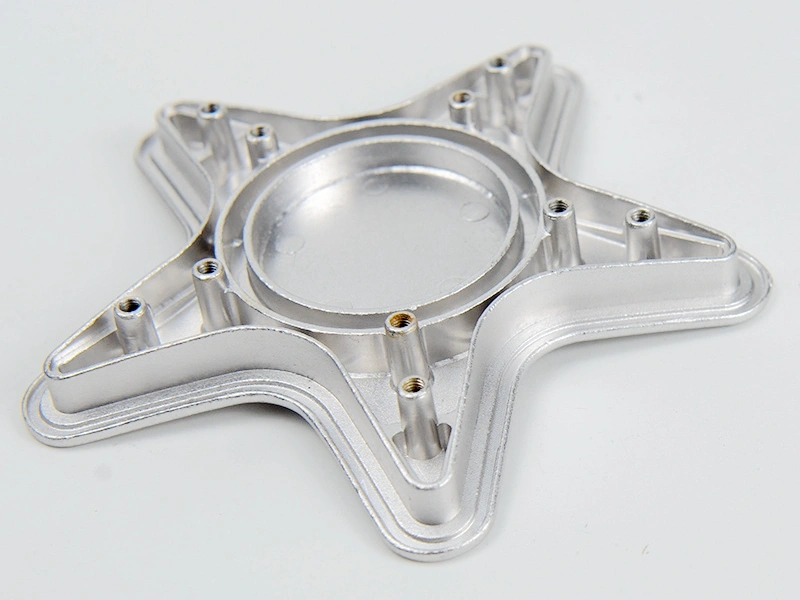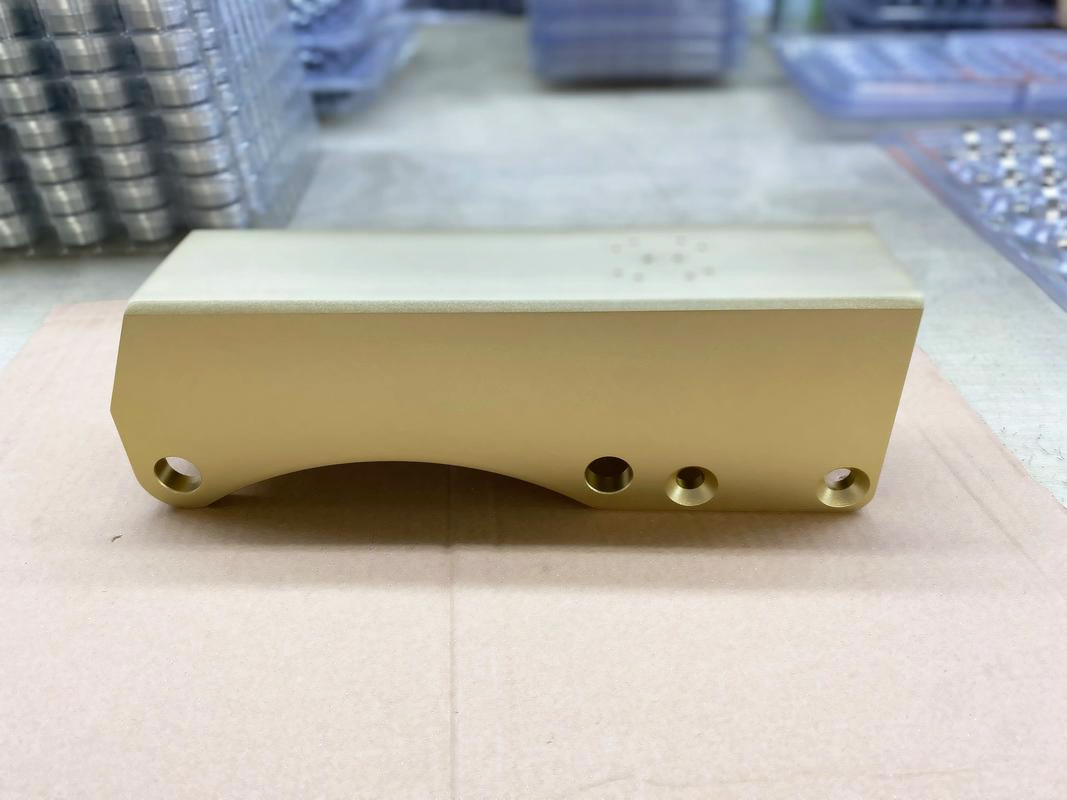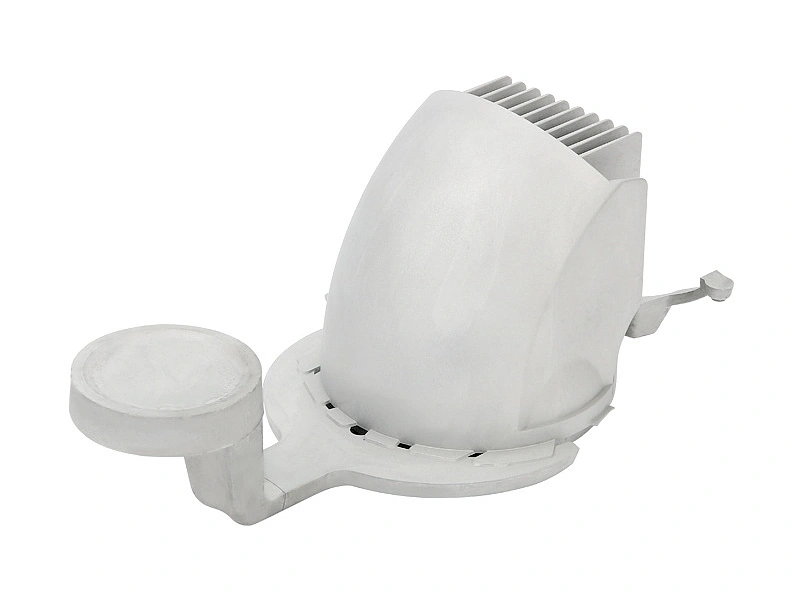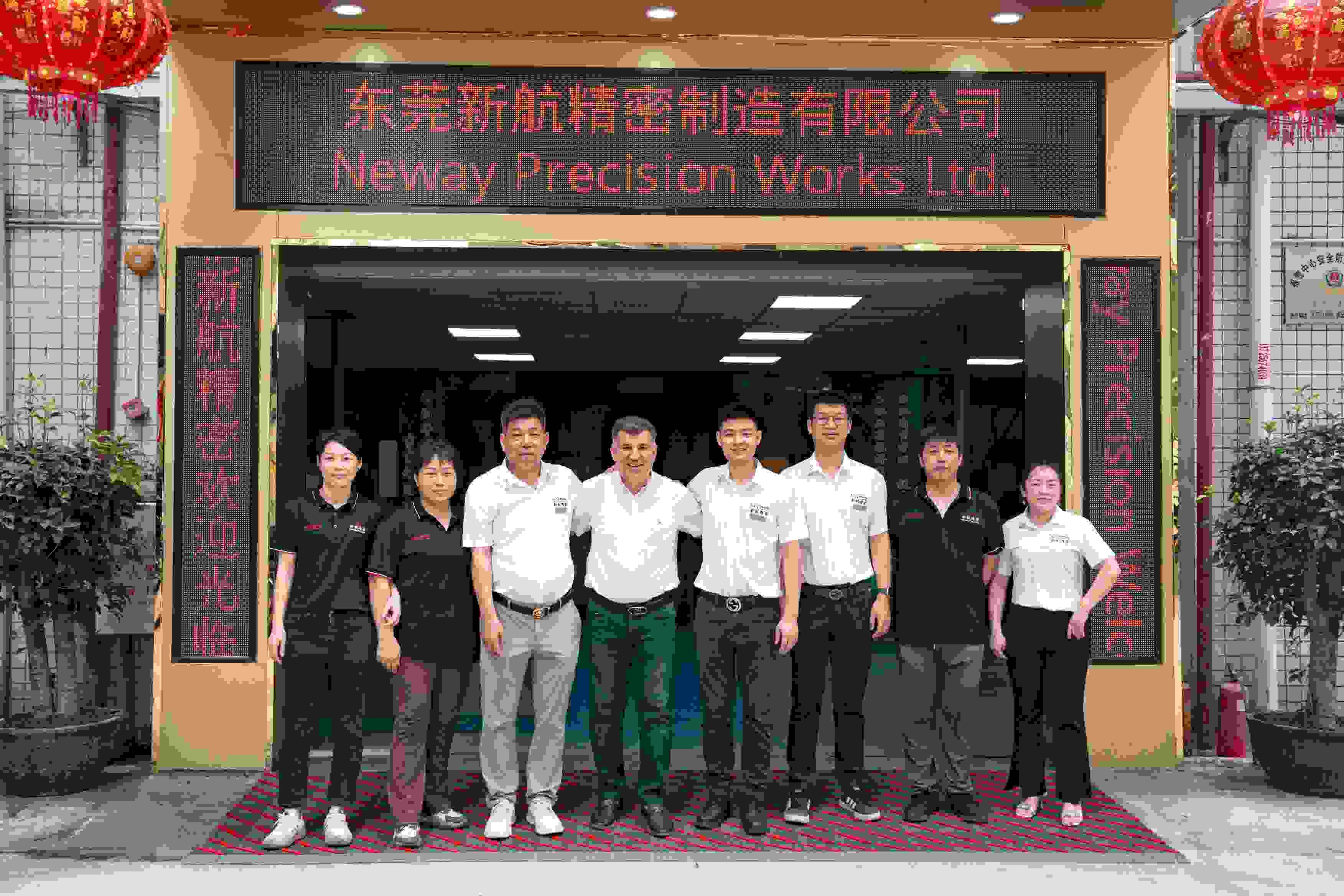How does aluminum die casting compare to stainless steel in corrosion resistance?
How Does Aluminum Die Casting Compare to Stainless Steel in Corrosion Resistance?
Corrosion Resistance Fundamentals
Both aluminum and stainless steel are widely used for components exposed to corrosive environments, but they resist corrosion through different mechanisms. Aluminum die cast parts rely on a passive oxide layer and optional surface treatments, while stainless steel resists corrosion through its chromium-rich oxide film. The choice depends on environmental conditions, alloy type, and cost-performance requirements.
Aluminum Die Casting Corrosion Behavior
Aluminum alloys such as A360, AlSi12, and AC7A form a thin aluminum oxide layer that provides natural protection in neutral and mildly acidic conditions. However, without additional surface finishing, aluminum is more susceptible to:
Galvanic corrosion when in contact with dissimilar metals
Pitting in chloride-rich environments (e.g., salt spray or marine)
Surface dulling in alkaline or highly acidic cleaning agents
The corrosion resistance of aluminum die castings can be significantly enhanced by applying anodizing, powder coating, or painting, making them suitable for indoor electronics, enclosures, and marine-grade applications with proper finishing.
Stainless Steel Corrosion Resistance
Stainless steels such as 304 and 316 are naturally corrosion-resistant due to their chromium content, with 316 offering superior chloride resistance due to added molybdenum. Compared to aluminum, stainless steel:
Offers better performance in aggressive or high-temperature chemical environments
Maintains corrosion resistance even with surface scratches
Is ideal for long-term structural or sanitary applications
However, stainless steel is heavier, costlier, and less adaptable to complex geometries or mass production compared to aluminum die casting.
Comparative Summary
Property | Aluminum Die Casting | Stainless Steel |
|---|---|---|
Natural Corrosion Resistance | Moderate (enhanced by finishing) | Excellent |
Weight | Lightweight (2.7 g/cm³) | Heavy (7.8 g/cm³) |
Surface Treatment Required | Yes (for marine/industrial use) | Usually not required |
Castability and Complexity | Excellent (intricate shapes, thin walls) | Limited (not suitable for die casting) |
Cost | Lower material and tooling cost | Higher material and machining cost |
Application Suitability | Consumer electronics, automotive, marine (finished) | Food, pharma, structural, sanitary |
Neway’s Support for Corrosion-Resistant Aluminum Components
Neway delivers high-performance, corrosion-resistant parts through:
Marine and industrial-grade aluminum die casting
Durable surface protection via anodizing or coating processes
Tool and die services for complex designs not achievable with steel
CNC machining for sealing surfaces, joints, and interfaces



